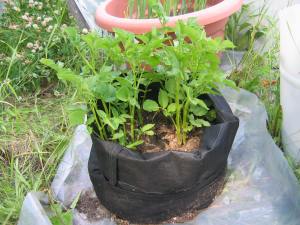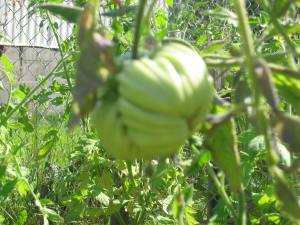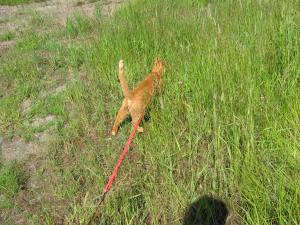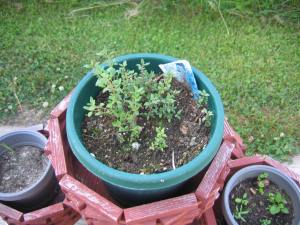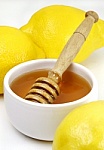I can’t wait to get at our gardens but there is still at least a foot of snow on them 😦

The greenhouse needs some cosmetic work done to it as the high winds we have been having has blown the plastic off the sides of it. Maybe I will be able to scrounge up some old windows this year and make it pretty 😉
But hey I have time to fix it up as it really is not safe to plant anything in the ground here in the Cariboo until at least the long weekend in May 🙂
My goal is to have the tomatoes at least in the green house by the 2nd week in May, and they will stay there until it warms up enough to put them outside, I had great luck last year with the patio tomatoes, when it was warm enough I moved all 20 of them out side, which was mid June. Then when it started to get to cool at nights I moved them back into the green house, We also had a couple of hangers of cherry tomatoes. Which I brought into the house and still had some small ones up to the middle of December. So I will try my luck with that set up again this year. Hey I might even take some out to the Gold Mine and the guys can have fresh tomatoes every day. I will put that on my to do list. I will also plant some more herbs in the green house this year as well like thyme, basil, oregano, parsley. I am sure the list will continue to grow.
Seed Potatoes:
Rick suggested that we keep some of our potatoes from last year and use them for our seeds this year what a wonderful and smart man he is. I hope to get them into the big tubs by the end of May. I dumped all of the soil out of them last fall and mixed in all of the compost and once the snow is gone off of the pile and it starts to thaw some I will mix in the ashes out of the wood stove, as well as put some of the ashes on the other gardens.

Potatoes from last year
What to grow this year?
Well I have always had luck with swiss chard, romaine lettuce, yellow and red onion, green onions, carrots & celery, beets are so so as well as cucumbers and squash as our growing season is so short. Again I still have time to think about it.
Rick wants to dig a surface well this year to make it a bit easier on me for watering, but that involves driving the new 1976 John Deere Excavator across the lawn before it goes out to our Gold Mine, humm well I am still thinking about it as we all know what heavy things do to the lawn when you drive on them when the frost is coming out. Big ruts equals hard to cut the grass 🙂 But I will still get the 6 big 55 gallon barrels out from behind the wood shed this weekend as the rains will start soon and then they will be filling up as I make up my mind always good to have a back up! (Right) I don’t mind carrying all of the water to water the gardens. It is my quiet time and only takes 1/2 hour to an hour to water everything.

Last year in the summer
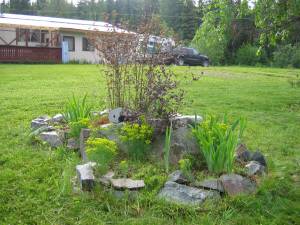
Summer 2011
As I sit here and dream of our Organic Gardens I look out the window and guess what?
It’s snowing!
I know some of you may be thinking why bother just go to the store and buy your vegetables. Wow if you have never tasted organically grown vegis from your own garden then you are certainly missing out on one of the wonders of the world!
Okay back to work now: Until next time Health & Happiness: Jackie








